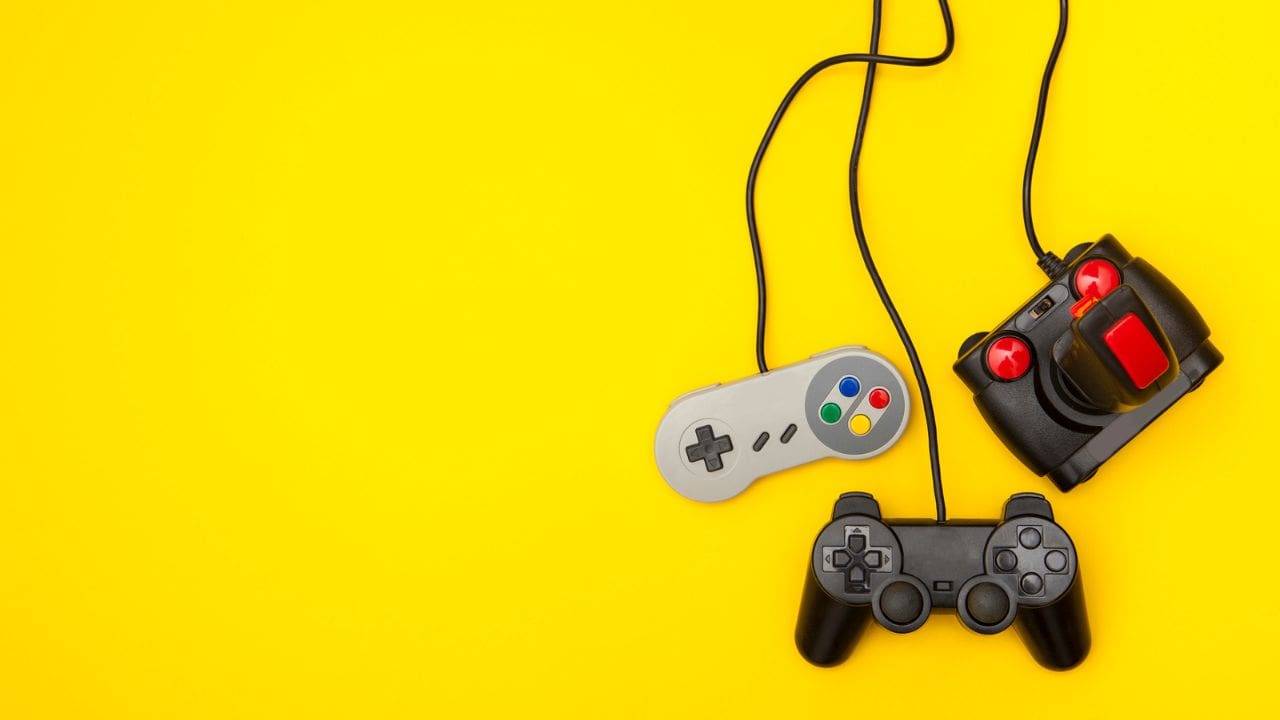In a distant era, in which multiplayer necessarily meant two controllers locally or even dividing the space of a cabinet, there were magical games. Titles entered the collective imagination of an entire generation. Many of these then became successful franchises that continue today (think of Mario, for example). However classic games, the ones that originally ran on the first consoles with their inevitable imperfections, are literally disappearing.
No, this is not a nostalgic article about the bygone days.
What we report are the data that emerged from a research conducted by Video Game History Foundation it’s yes Software Preservation Network, two realities committed to the preservation of videogame history. An alarming fact emerges from the research: 9 out of 10 classic games are no longer available or playable today.
Why are classic games dying out?
Researchers have discovered that this form of gaming extinction stems from the advent of digital distribution of games. A dynamic that is convenient for everyone: no more cassettes or discs, the video game digitally downloaded and installed on the console. The downside, however, is the disappearance of the physical support. After all, it also happens with music, although there the vinyl fetish is still a resisting trend.
“To access nearly 9 out of 10 classic games, there are few options: seek out and maintain collectible vintage games and hardware, travel to visit one of the archives, or… piracy,” he explained Kelsey Lewin, one of the directors of the Video Game History Foundation. “However, none of these options are desirable, meaning that most video games are inaccessible to all but the most hardcore and devoted fans.”
In fact, the problem is that finding dated physical games and the related consoles on which they run is practically a collector’s work. A decidedly expensive process from an economic and above all complex point of view: most of the original copies of the games have been destroyed or thrown in the trash and the remaining copies are often sold for their weight in gold. The same goes for consoles.
In the Video Game History Foundation report it states that “outdated copyright laws prevent institutions like ours from doing their job.” In fact, it is impossible for VGH to collect titles to preserve if the intellectual properties of those titles still belong to the big companies.
“The industry has managed to make only 13% of its history available, and the situation is unlikely to improve”, the Video Game History document concludes, not without a touch of melancholy.













Leave a Reply
View Comments